“Syrian Christians Were Abandoned by the West” – Agnes Mariam de la Croix Speaks Out
In a powerful statement that underscores the ongoing plight of Christians in Syria, Agnes Mariam de la Croix, the Mother Superior at the Monastery of Saint James the Mutilated in Syria, has boldly declared that “Syrian Christians were abandoned by the West.” Her words reflect the deep frustrations and challenges faced by the Christian community in Syria, especially amidst the country’s long and devastating civil war.
Syria, once home to a thriving and diverse Christian population, has seen its Christian communities endure unimaginable hardships since the onset of the conflict in 2011. These communities, which have coexisted with Muslims and other ethnic groups for centuries, have found themselves caught in the crossfire of a brutal civil war. As the conflict has evolved, many Syrians—especially Christians—have faced violence, displacement, and the erosion of their cultural and religious heritage.
The West’s response to the situation, particularly in regard to its Christian population, has been a subject of intense debate. Agnes Mariam de la Croix’s statement comes at a time when many believe that the international community, particularly Western nations, has failed to provide adequate support for Syria’s Christian communities. In this post, we explore the significance of Mother Agnes’s statement and examine the broader context of the West’s involvement—or lack thereof—in the Syrian crisis.
The Background: A War-Torn Syria and Its Christian Communities
Before the civil war, Syria was a relatively peaceful country with a diverse demographic, including a significant Christian minority. Christians in Syria have lived alongside Muslims, Jews, and other religious groups for centuries, contributing to the rich tapestry of Syrian society. Estimates suggest that Christians made up about 10% of Syria’s population before the conflict, with most identifying as either Eastern Orthodox or Eastern Catholic.
However, the eruption of the Syrian civil war in 2011 dramatically altered the lives of millions, including the Christian community. The war began as a series of protests against the government of President Bashar al-Assad, but it quickly spiraled into a complex and multi-sided conflict. As the war raged on, extremist groups, such as ISIS (the Islamic State), gained control of large portions of Syrian territory, targeting religious and ethnic minorities, including Christians, in their brutal campaigns.
Many Christian villages were attacked, looted, and destroyed, and numerous Christians were forced to flee their homes. Churches and religious sites were also targeted, with many being desecrated or destroyed by extremist forces. The situation worsened as armed rebel groups, backed by foreign powers, continued to battle the Syrian government forces. Christians found themselves in a vulnerable position, caught between competing factions that offered little protection and often showed little regard for religious freedoms.
Agnes Mariam de la Croix: A Voice for Syrian Christians
Agnes Mariam de la Croix, the Mother Superior at the Monastery of Saint James the Mutilated in Syria, has become a prominent advocate for the rights and safety of Christians in Syria. She has consistently spoken out about the suffering of her people and the lack of international attention to their plight. As a Christian leader in a war-torn region, she has witnessed firsthand the challenges faced by Christians in Syria, who have been targeted by extremist groups and left to endure immense hardship.
Her monastery, located in the city of Qara, was once a refuge for Christians fleeing violence, but it too faced the threat of attack as rebel forces closed in. For many Syrians, especially Christians, the war has left them feeling abandoned by the international community, with little support coming from Western powers or humanitarian organizations.
Mother Agnes’s comment that “Syrian Christians were abandoned by the West” speaks to the profound sense of betrayal felt by many in the Christian community. While international attention focused on humanitarian aid and the plight of refugees, the specific concerns of Christian communities—many of whom were caught between extremist groups and government forces—were often sidelined or ignored.
The West’s Response to the Syrian Crisis
Western nations have been heavily involved in the Syrian conflict, but much of their focus has been on opposing the Assad regime and countering the influence of ISIS and other jihadist groups. The United States and European countries provided support to rebel groups fighting against Assad’s government, which included military aid, financial support, and political backing.
However, this approach had unintended consequences for the Christian communities in Syria. Many of the armed opposition groups, including some backed by the West, included factions that were hostile to Christians and other religious minorities. As ISIS advanced, the U.S. and European powers were largely focused on combating ISIS and other terrorist organizations, but they did not provide enough protection for Christian civilians or pressure the rebels to safeguard religious minorities.
The West’s failure to prioritize the protection of Christian communities in Syria has been a point of contention for many Syrian Christians. While international aid organizations have done their best to provide humanitarian assistance, the political and military dynamics of the war often left religious minorities exposed and vulnerable. Western nations have been criticized for failing to take meaningful action to prevent the displacement and persecution of Christians or to offer adequate support to the Syrian government in its efforts to maintain stability in Christian-majority areas.
The Abandonment of Syrian Christians: A Deeper Look
The term “abandoned” used by Mother Agnes is not just an emotional plea—it also reflects a deep and painful reality for many Syrians. Christians in Syria have faced systematic attacks by extremist forces like ISIS, which targeted their communities with violence, kidnapping, and murder. Many Christian families were forced to flee their homes, leaving behind their churches, businesses, and cultural heritage.
For those who remained, life became a daily struggle for survival. In many parts of the country, Christians were caught in the middle of a brutal conflict between Assad’s government, which claimed to protect religious minorities, and rebel forces, which were often hostile to them. The lack of a clear and consistent response from the West left many Christians feeling vulnerable and isolated.
While Western nations have been vocal in condemning the atrocities committed by ISIS and other jihadist groups, they have been far less consistent in addressing the plight of religious minorities in Syria. As the war dragged on, the focus of international attention shifted to other geopolitical concerns, such as the rise of Iran and Russia’s involvement in the region, leaving Syrian Christians to fend for themselves.
The Role of Russia and Iran in Supporting Syrian Christians
In contrast to the West’s approach, Russia and Iran have been more supportive of the Syrian government and, by extension, Syria’s Christian population. Russia, in particular, has been a key ally of President Bashar al-Assad and has provided military support to the Syrian government. This support has helped secure the safety of Christian areas in Syria, allowing many to remain in their homes and continue practicing their faith. Russia has also emphasized the protection of religious minorities in its diplomatic efforts regarding the Syrian conflict.
While Iran’s involvement in Syria is more controversial due to its broader geopolitical ambitions in the region, it too has supported the Syrian government’s efforts to maintain control over Christian-majority areas. For many Syrian Christians, these alliances have been crucial in ensuring their survival, especially when Western nations did not prioritize their protection.
The Future of Syrian Christians
As the Syrian conflict moves toward a fragile resolution, the future of Syria’s Christian communities remains uncertain. While many have fled the country as refugees, others have chosen to stay, hoping for stability and the restoration of their homes and communities. The reconstruction of Syria will be a long and difficult process, and ensuring the protection of religious minorities will be crucial to maintaining the country’s historical diversity.
For Mother Agnes and the Monastery of Saint James the Mutilated, the struggle to defend Syrian Christians continues. Her statement, “Syrian Christians were abandoned by the West,” is a powerful reminder of the challenges faced by these communities and the need for continued international attention and support. As Syria rebuilds, the world must ensure that religious freedom and the protection of all minorities remain at the forefront of the recovery process.
In Conclusion
The plight of Syria’s Christian communities is a tragic aspect of the ongoing conflict, and the words of Agnes Mariam de la Croix resonate with many who feel that their suffering has been overlooked by the international community. As Western powers shift their focus to other geopolitical concerns, it is essential to remember the legacy of Syria’s diverse and vibrant Christian population and the importance of protecting their rights in any future peace process. The abandonment felt by these communities is a stark reminder that true peace can only be achieved when all voices—regardless of their faith—are heard and respected.
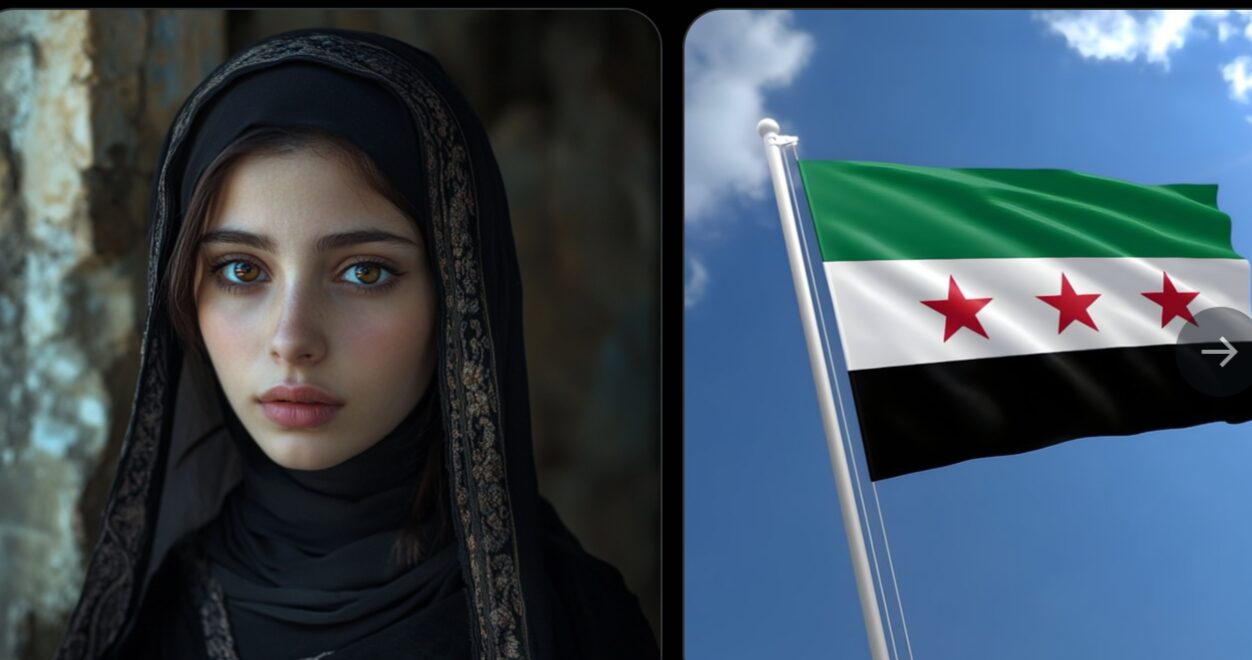

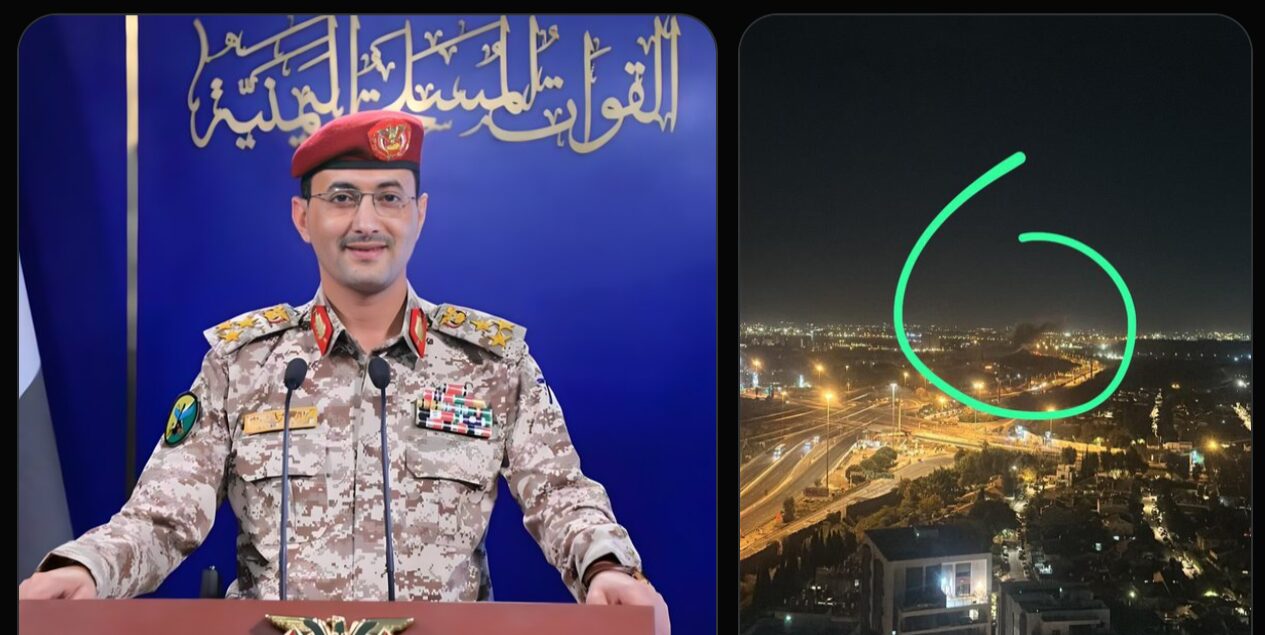

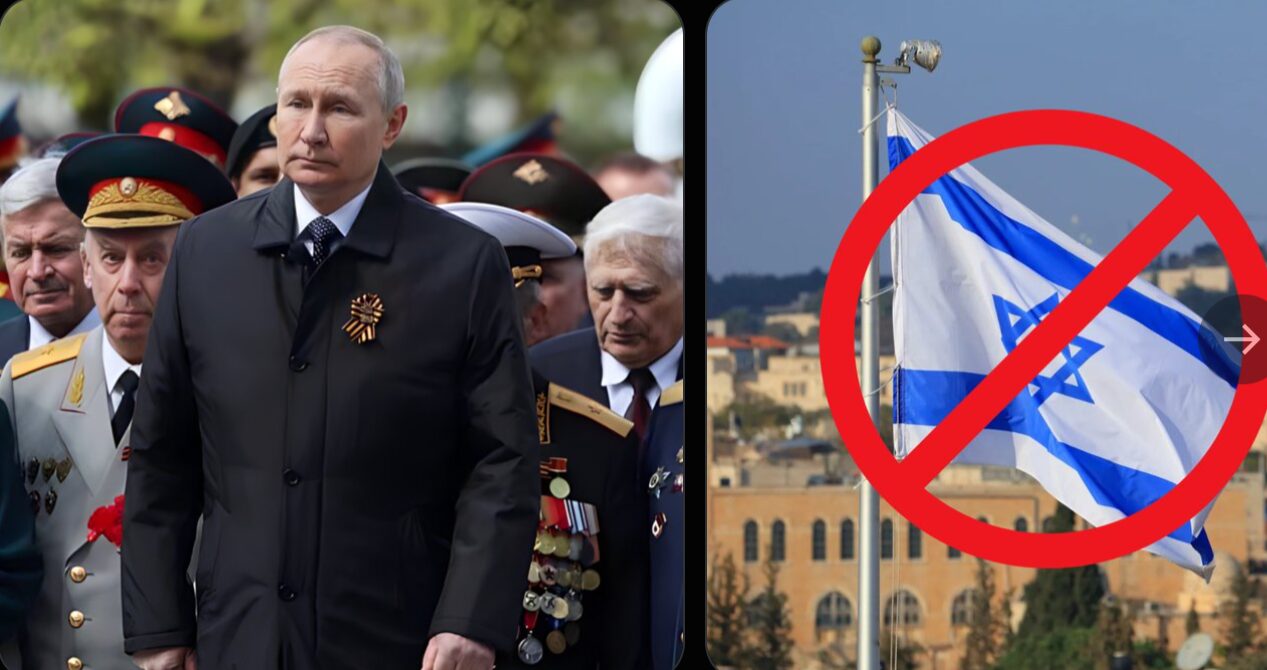
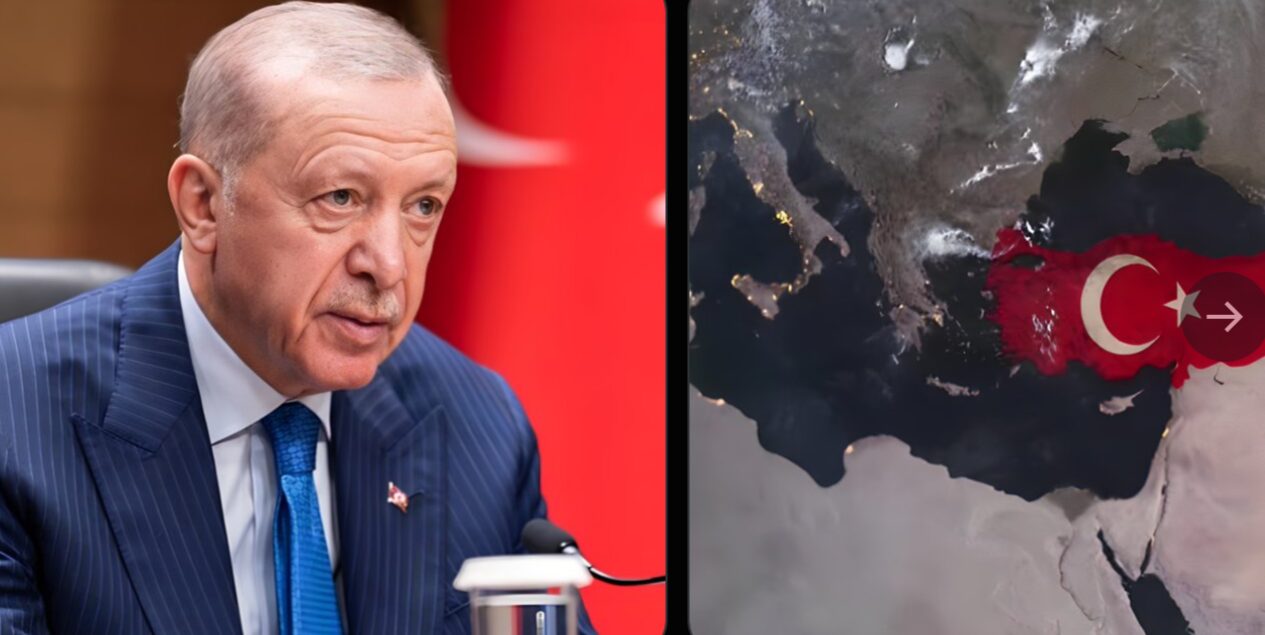
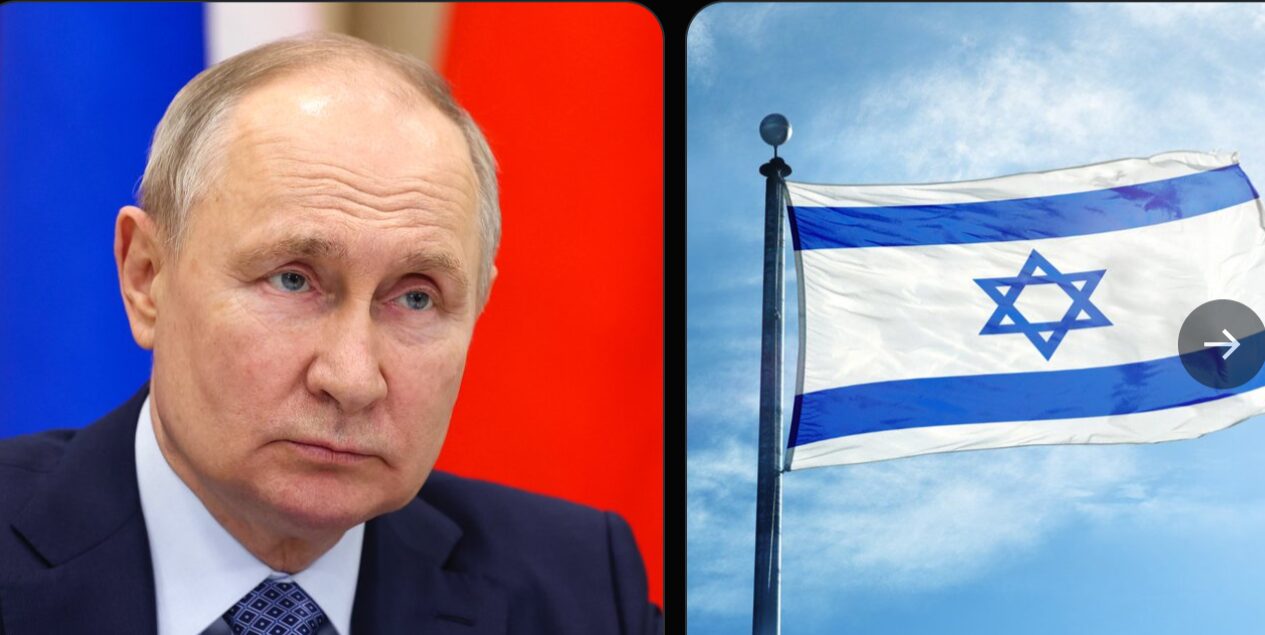










Post Comment